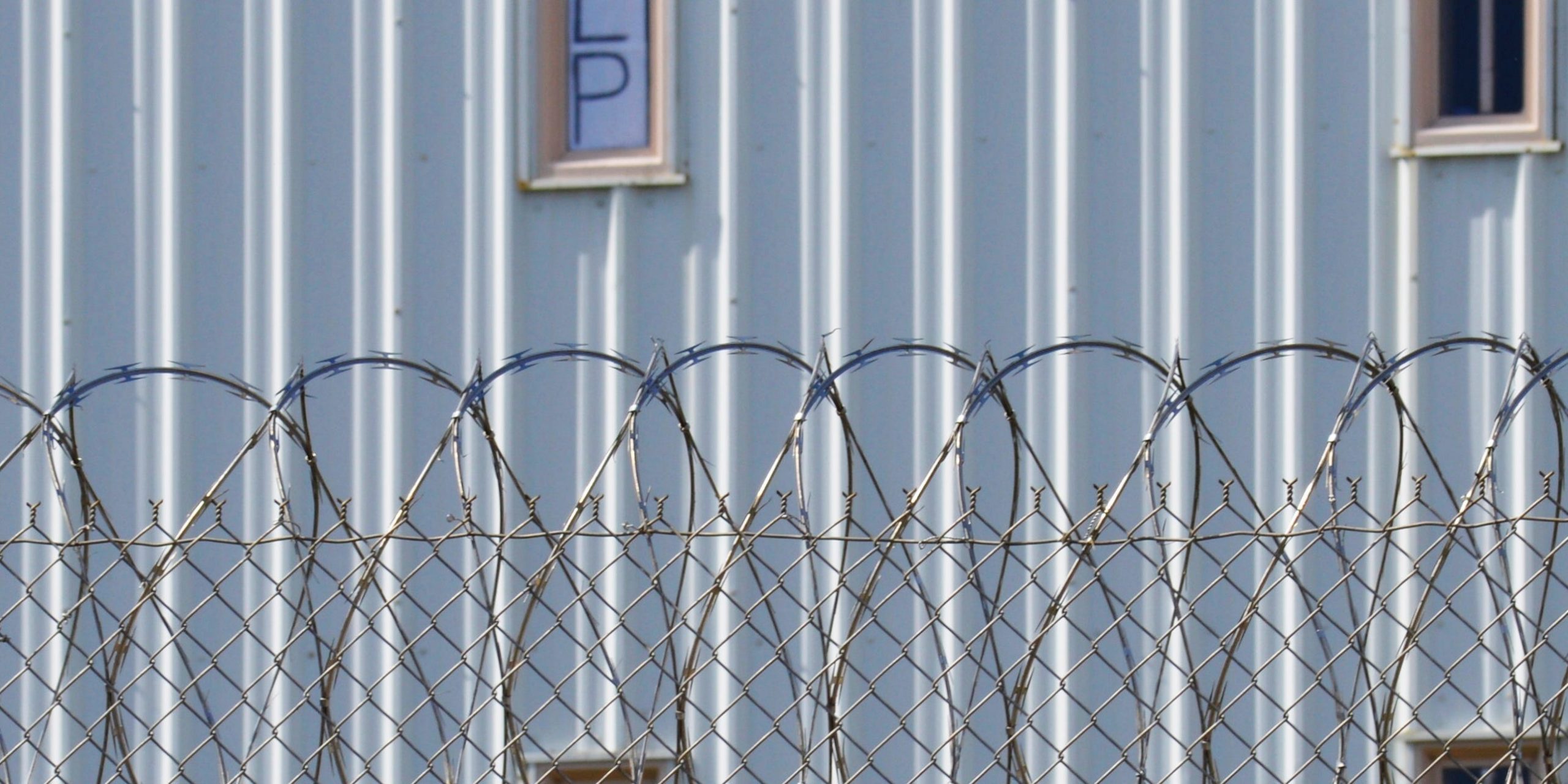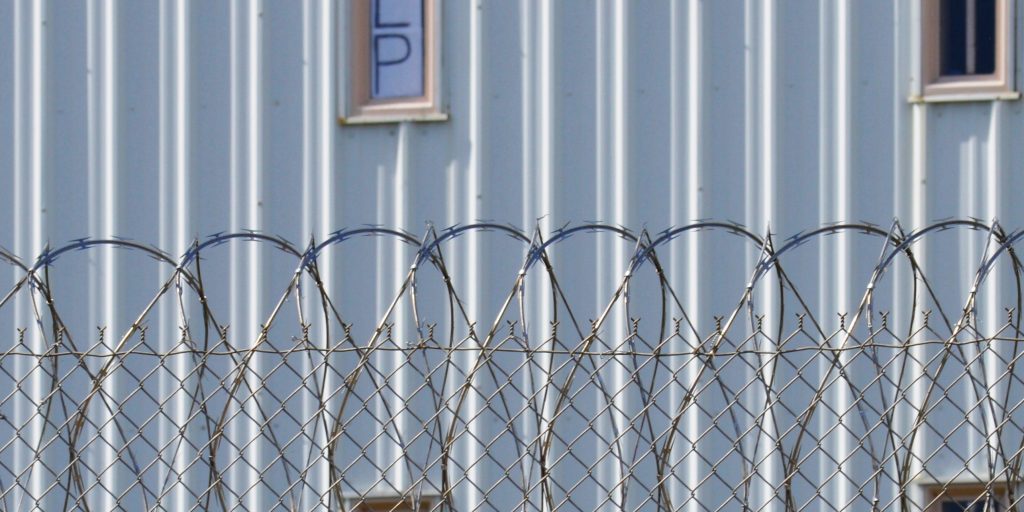
AP Photo/Kim Chandler, File
- In 1995, Dontae Sharpe was sentenced to life in prison for first-degree murder.
- In 2019, a judge exonerated Sharpe after he served 24 years in prison.
- On Friday, Sharpe was pardoned by North Carolina Gov. Roy Cooper.
A North Carolina man who was wrongfully convicted for a 1994 murder and served 24 years in prison was pardoned on Friday.
On Friday, North Carolina Gov. Roy Cooper announced Dontae Sharpe's pardon. In a statement, Cooper said he "carefully reviewed" Sharpe's request for a pardon and that granting it makes Sharpe eligible to file a claim for compensation for his wrongful conviction.
"Mr. Sharpe and others who have been wrongly convicted deserve to have that injustice fully and publicly acknowledged," Cooper said.
The Associated Press reported that Sharpe was given a life sentence in 1995 for the first-degree murder of George Radcliffe.
The Washington Post reported that Sharpe maintained his innocence throughout and was exonerated in 2019 after a judge found that key witnesses to the case had "entirely made up" her testimony.
Theresa Newman, one of Sharpe's attorneys, told the Post the pardon allows Sharpe to seek up to $750,000 from North Carolina as compensation.
"No one is saying, or can say, he was released on a technicality," Newman told the Post. "The technicality is that he was innocent."
The AP reported that Newman informed Sharpe of his pardon on Friday. At a virtual press conference following the announcement, Sharpe said he was in disbelief at the news.
"I'm still in a haze kind of," Sharpe said. "When you're dealing with us human beings, it can go any way, yes and no. I didn't know what to expect. I was believing for a pardon."
According to the National Registry of Exonerations, Sharpe's initial conviction was based on statements made by Charlene Johnson, a teenager recently released from a voluntary stay at a psychiatric ward who told police in April 1994 that she saw Sharpe and another man shoot Radcliffe in a drug deal dispute.
Sharpe was arrested despite having two witnesses who said he was with them having dinner when the shooting happened. Weeks later, Johnson recanted and said she wasn't there at the time of the shooting.
The AP reported that Johnson said she made the claims up based on what investigators told her. The National Registry of Exonerations reported that Sharpe was a small-time drug dealer and police had been trying to arrest him for some time before Radcliffe's shooting.
Additionally, a former state medical examiner found that Johnson's testimony about the shooting was "medically and scientifically impossible," the AP reported.
Sharpe told the Post that he hasn't slept since being pardoned and is thinking of ways to help others wrongfully convicted.
The National Registry of Exonerations reported that there have been 2,887 exonerations, which have amounted to 25,600 years in prison, since 1989.
"The only way forward for me is to bring about change in the criminal justice system," he said. "It's a slow process, but I'm 46, not 86. I got time to do things."
Insider has reached out to Newman for comment.

